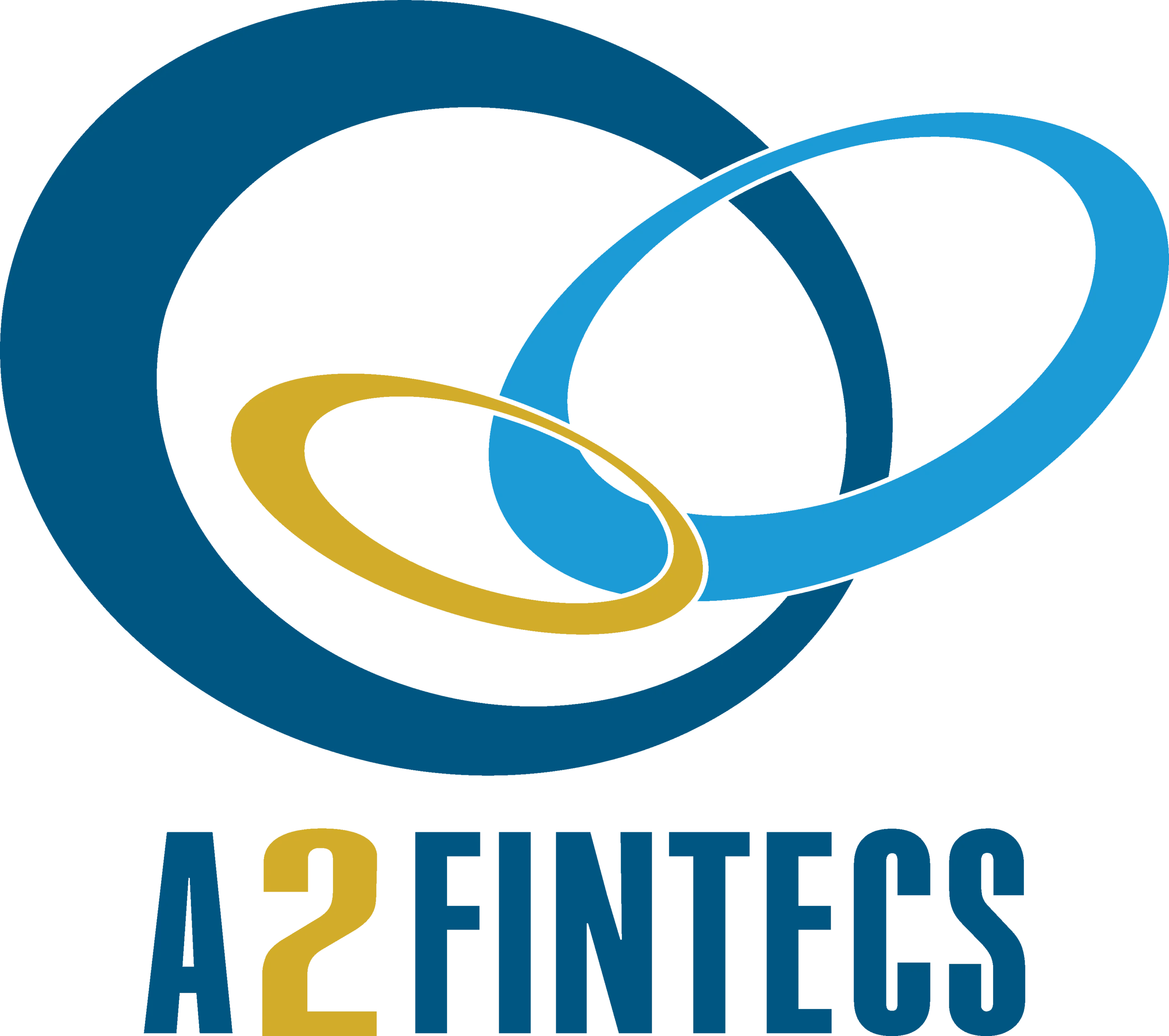Project Objectives
A2FINTECS addresses the urgent need for digital finance skills in European SMEs and VET. Our main goal is to deliver practical tools that support inclusion, innovation and digital competitiveness.
General Objectives
Bridge skills gaps in digital finance
Develop tools and methodologies that enable SMEs to identify, acquire, and apply digital finance skills relevant to their sector and operations.
Enhance fintech competences across Europe
Equip SMEs, VET providers, and trainers with future-proof skills in digital finance and financial technology to improve adaptability, innovation, and competitiveness.
Support digital transformation through inclusive training
Provide accessible, high-quality fintech education that reaches underrepresented groups, promotes gender equality, and addresses the needs of diverse learners.
Strategic Priorities
To translate its vision into action, A2FINTECS focuses on six strategic priorities that drive innovation, skills development and real-world applicability across Europe’s SME and VET landscape.
Develop a fintech Capability Building Framework
Create a Skills Mapping and Implementation Methodology
Build a digital learning platform
Offer scalable, multilingual, and interactive training resources accessible to SMEs and VET providers across the EU.
Empower educators through a 'Train the Trainer' programme
Promote inclusive access to digital finance education
Align with EU education and labour standards
Ensure practical applicability through piloting and validation
Sustain long-term impact through open resources
Ensure continued access to project results by maintaining the learning platform and training content as open educational resources during and beyond the project’s duration.
